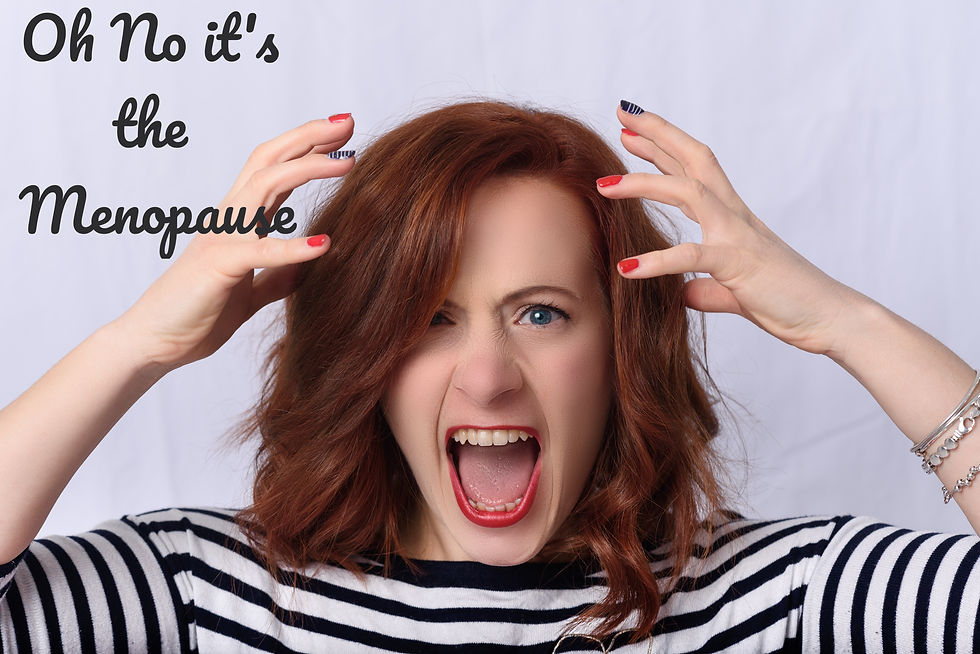Coping with ADHD and the Menopause
- Margaret Marques
- Apr 19, 2024
- 2 min read

A woman living with ADHD, navigating the onset of menopause can be quite a journey. The combination of hormonal changes and ADHD symptoms can present unique challenges, but through counselling and self-discovery, you may learn some effective strategies for managing this transitional phase. In this blog post, I'll offer practical tips from a counselling perspective for women facing some common challenges during this phase.
The Menopause can hit like a freight train. The hot flashes, mood swings, and sleep disturbances can be overwhelming on their own, but when combined with my ADHD symptoms, it can feel like chaos.Struggles to stay focused at work, forgetting important appointments, can feel like you are constantly on an emotional rollercoaster.
Understanding the Link Between Menopause and ADHD is important but often enough I hear in my counselling room that this is often overlooked. I can't emphasis enough how interconnected menopausal symptoms and ADHD are. The hormonal fluctuations during menopause can exacerbate ADHD symptoms like forgetfulness, impulsivity, and emotional dysregulation. Knowing this can be somewhat of a lightbulb moment – finally, an explanation for why everything feels so much harder than usual.
A few tips to maybe consider:
Psychoeducation: Learning about the overlap between menopause and ADHD can be empowering. Understanding that you are not alone in this struggle and that there are strategies to help you cope will make a world of difference.
Mindfulness and Self-Compassion: Mindfulness techniques to help manage stress and emotional volatility. Practicing self-compassion and accepting yourself, flaws and all, can be a game-changer in how to approach challenges.
Practical Coping Skills: Breaking tasks into smaller steps, using reminders and lists, and taking regular breaks are often lifesavers in managing ADHD symptoms amidst the chaos of menopause.
Medication and Hormonal Therapy: Another option for some people may be to consult with a doctor, some past clients decided to explore medication for managing ADHD symptoms and hormonal therapy for alleviating some of the worst menopausal symptoms. But this can be a trial-and-error process and it is not for every women but worth talking to your doctor about and as one of the possible options.
Navigating menopause with ADHD can be a challenging but ultimately transformative experience. Through counselling, you can learn to embrace strengths, accept limitations, and develop practical strategies for managing the ups and downs of this transitional phase. If you're facing similar challenges, know that you're not alone. Seek support, explore your options, and remember to be gentle with yourself along the way. We're all in this together.




Comments